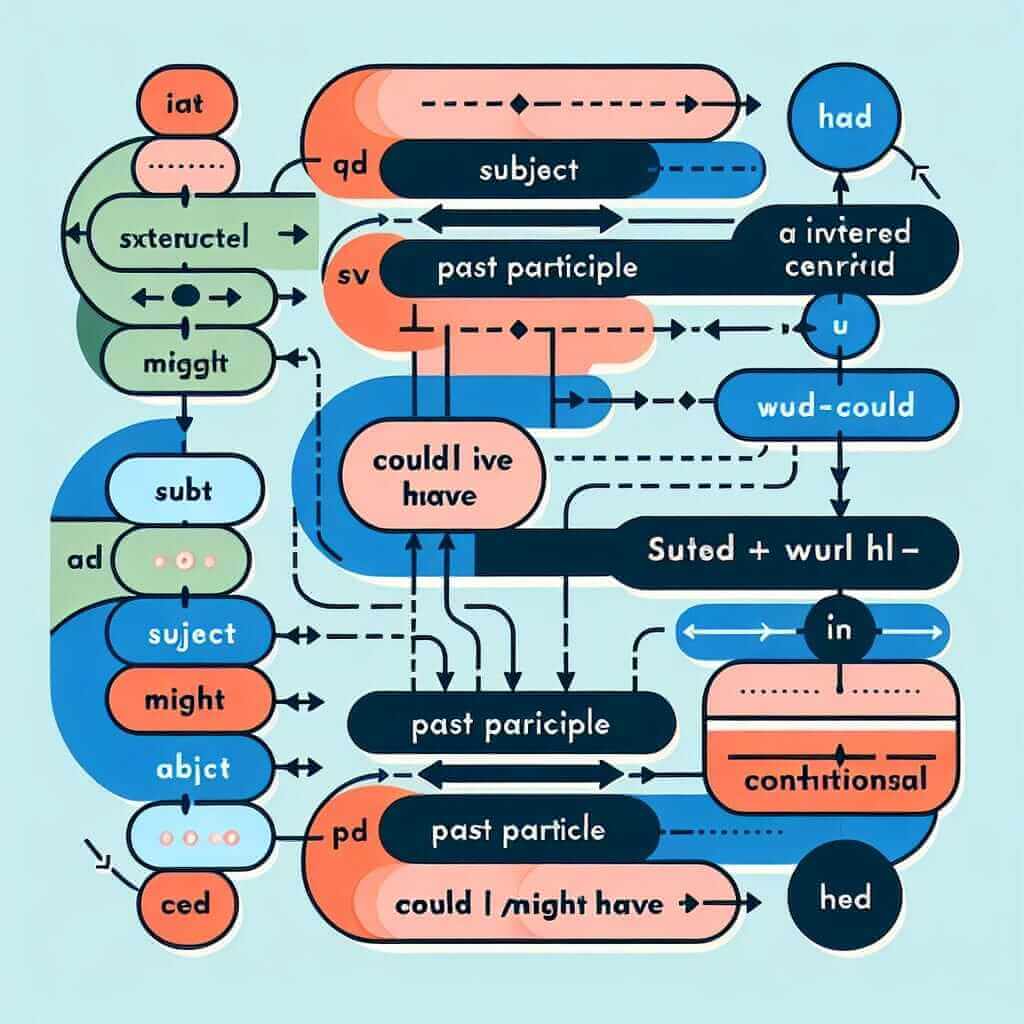“Had I been better informed, I would have chosen differently” – this sentence structure often trips up IELTS learners. While it might sound complex, it’s simply a variation of the third conditional, a grammatical structure used to discuss unreal or hypothetical situations in the past. Mastering this grammatical structure can significantly enhance your speaking and writing scores, showcasing your ability to express complex thoughts and regrets.
Let’s look at some examples of how this structure might appear in different sections of the IELTS exam:
Speaking Part 2: Describe a time you made a difficult decision. “Had I known then what I know now, I might have chosen a different path. But at the time, it felt like the right thing to do.”
Writing Task 2: Some people believe that life experiences are more important than formal education. Discuss. “While formal education is undoubtedly valuable, had history’s greatest minds been confined to classrooms, our world would be a far less interesting place.“
Listening Section 3: Two students discussing a presentation. “If only we had started working on it sooner! Had we been more organized, we wouldn’t be so stressed right now.“
As you can see, the third conditional, and this particular inversion, adds a touch of formality and sophistication to your language.
Understanding the Third Conditional and its Inversions
The third conditional allows us to speculate about how things could have been different in the past. It expresses a hypothetical past situation and its hypothetical past result. The standard form is:
If + Past Perfect, would have + Past Participle
However, we can make this structure more formal and impactful by inverting the subject and auxiliary verb ‘had’ in the ‘if clause’. This eliminates the need for ‘if’, creating a more sophisticated tone suitable for higher band scores in IELTS.
Had + Subject + Past Participle, Subject + would have + Past Participle
Example:
- Standard: If I had studied harder, I would have passed the exam.
- Inverted: Had I studied harder, I would have passed the exam.

Using the Inverted Third Conditional in IELTS
Formula and Application
[Had + Subject + Past Participle], [Subject + would/could/might have + Past Participle]
Breakdown:
- Had + Subject + Past Participle: This sets up the unreal past condition.
- Would/Could/Might have + Past Participle: This expresses the hypothetical past result. “Would have” implies a certain outcome, “could have” suggests possibility, and “might have” implies a lower probability.
Applying it to IELTS:
- Speaking: Use it to add fluency and naturalness when discussing past experiences, regrets, or hypothetical situations.
- Writing Task 2: This structure can be particularly effective in your essays to illustrate contrasting ideas or hypothetical scenarios.
- Listening: Be able to recognize and understand this structure in spoken English, as it’s commonly used in academic discussions and conversations.
Model Sentences and Paragraphs
Speaking Part 1:
- Examiner: Do you think it’s important to plan for the future?
- You: Absolutely. Had I not planned my move to [city name] carefully, I wouldn’t have found such a great job and apartment.
Writing Task 2:
Some argue that space exploration is a waste of resources. However, had humanity never looked beyond the horizon, we might still believe the Earth is flat. The pursuit of knowledge, even in the face of uncertainty, is what drives progress.
Listening:
(From a lecture about the invention of the printing press)
Professor: …imagine a world without mass-produced books. Had Gutenberg not invented the printing press, the Renaissance might never have happened. The spread of knowledge would have been drastically different…
Tips for Achieving a Higher Band Score
- Varied Usage: Don’t overuse this structure. Employ a range of grammatical structures to demonstrate flexibility and fluency.
- Natural Language: Ensure the inverted conditional flows naturally in your sentence and doesn’t sound forced. Practice saying the sentences aloud to get a feel for the rhythm.
- Context is Key: Only use the third conditional when discussing unreal past situations. Don’t use it for factual events.
Common Errors to Avoid
- Incorrect Tense Sequence: The most common mistake is using the wrong tense. Remember, the ‘if clause’ always uses the Past Perfect, and the main clause uses ‘would have’ + Past Participle.
- Overuse: Using the inverted third conditional too often can make your writing or speaking sound overly formal and repetitive.
- Unclear Meaning: Be sure the hypothetical situation and its result are clearly connected and make logical sense.
Conclusion
Mastering the inverted third conditional, like the structure in “Had I been better informed…”, adds a level of sophistication to your English. By understanding its form, practicing its use, and avoiding common errors, you can confidently utilize this structure to achieve your desired band score in the IELTS exam. Remember, practice makes perfect! Regularly incorporating this and other complex grammatical structures into your speaking and writing will not only improve your exam performance but also enhance your overall communication skills.